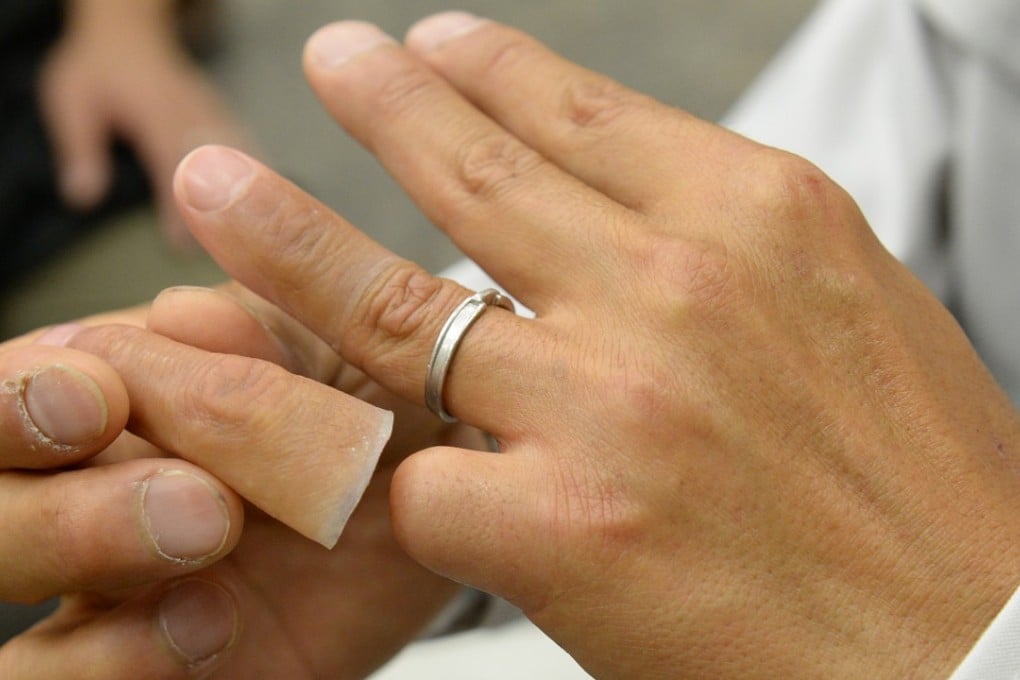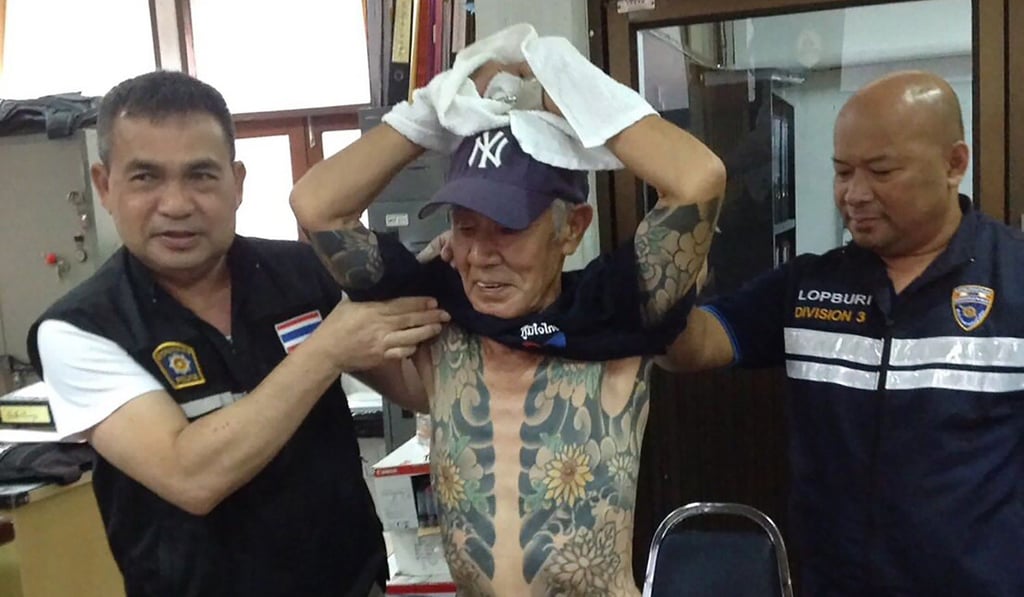Japan gives yakuza criminal gangs the finger
Japanese criminal gangs are losing members as new laws, police crackdowns and an emboldened public squeeze their income. With many gangsters now seeking rehab, is this the beginning of the end for the yakuza?

Yasumasa Aoki is not proud of his past. He does not want to talk about what he did to spend more than a decade of his life in prison. He will admit only that while he was a member of the notorious Inagawa-kai yakuza group in Tokyo, he was involved in kidnapping a man. Pressed for more, he says the matter is closed. He prefers to put his past behind him to help others with their futures.
“I was a member of the Inagawa-kai from my teenage years and served 15 years in prison for that incident,” he says. “It was while I was in prison that I realised I no longer wanted to be a member of a yakuza group.”
Now 69, Aoki was sufficiently resilient to follow through with an idea that had formed during his incarceration when it might have been easier to slip back into a life of crime. In January 2014, he opened the doors of Olive House, a small property in Kumamoto City that takes in anyone who has been in trouble with the authorities – including a good number of gang members who have decided that a life of organised crime is no longer for them – and helps them go straight.

“There are many cases in which people who were found guilty and sentenced to a prison term later wanted to change their ways but found themselves out on the streets again once they had completed their sentences,” Aoki tells This Week in Asia. “I have seen it happen myself and when it does, it is understandable that they would go back to their previous lives.
Yakuza, drugs, ‘slave’ contracts: How Rola became victim of a murky industry
“I wanted to help them in some way. It would not only be a place where they could stay, but a protective facility where they are truly able to reintegrate into life through a deep fellowship with other people who have been in similar situations.